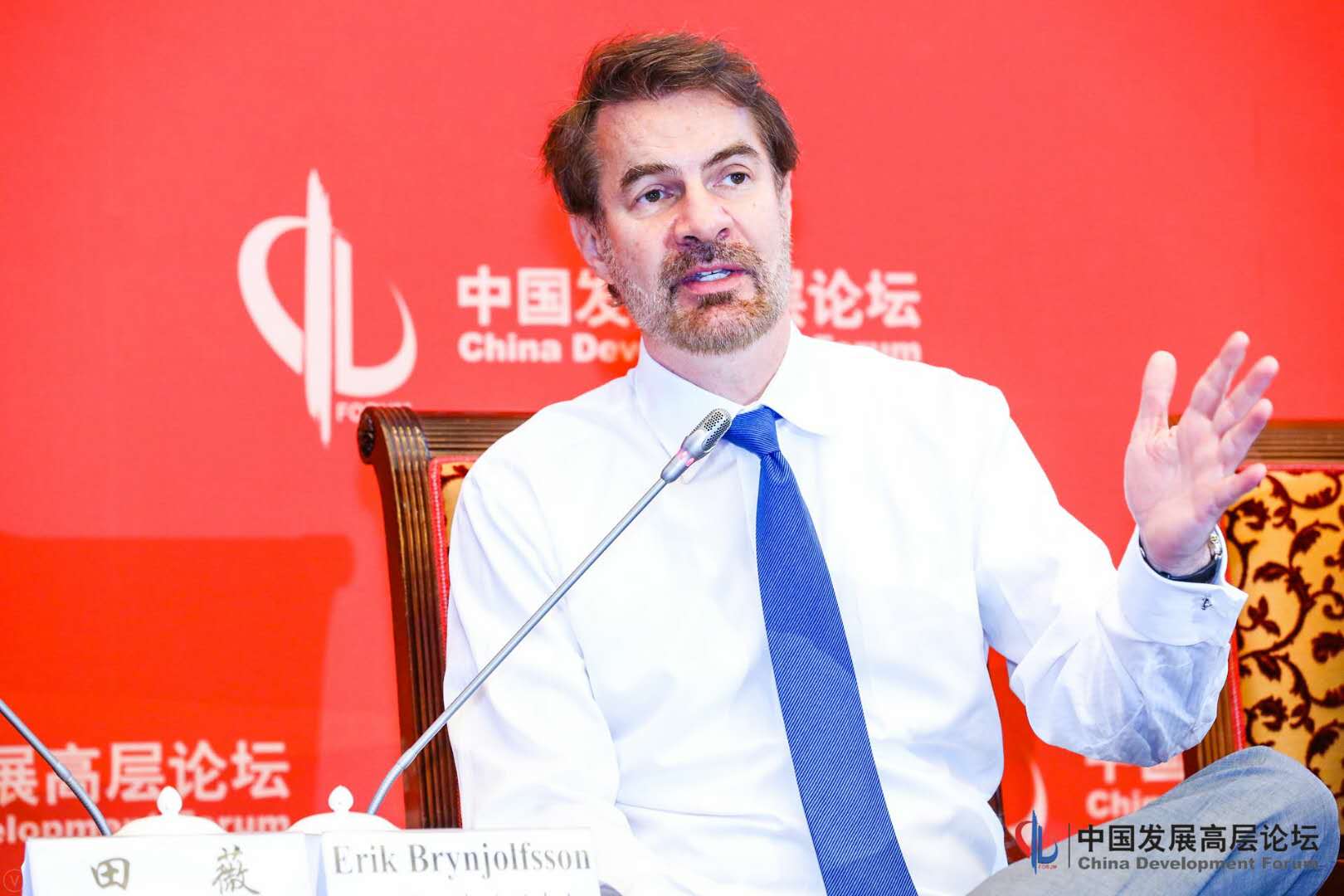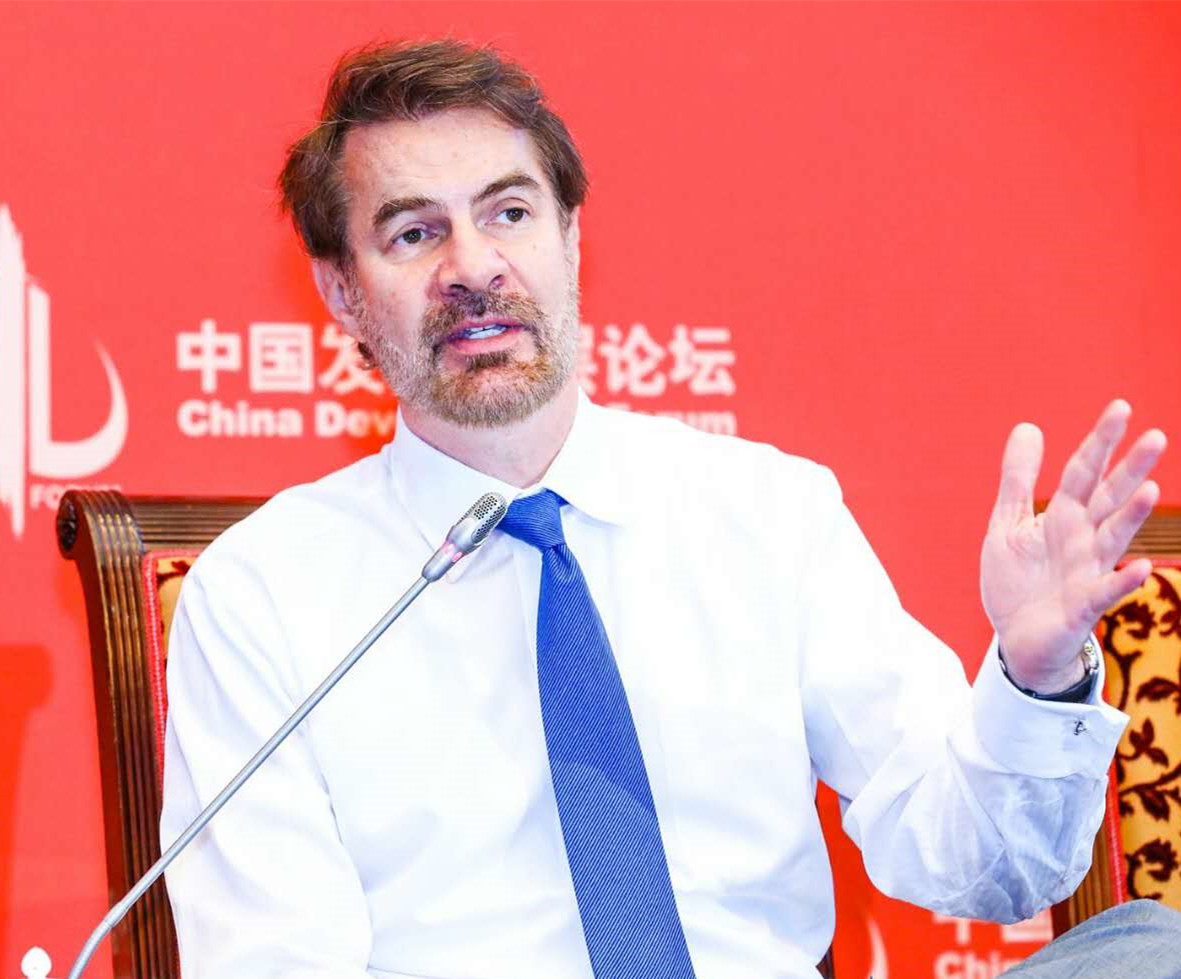MIT professor: machines won't replace humans in short term
- By Zhang Liying
 0 Comment(s)
0 Comment(s) Print
Print E-mail China.org.cn, March 25, 2018
E-mail China.org.cn, March 25, 2018

Machines may eventually replace humans, but that will be a long time from now, said Erik Brynjolfsson, a professor from Sloan School of Management at the Massachusetts Institute of Technology (MIT) on Saturday.
He made the remarks during a discussion on the theme of "Will Machines Eventually Replace Humans?" at the China Development Forum 2018 held in Beijing.
According to Brynjolfsson, his conclusion was based on research he conducted with Carnegie Mellon University's Tom Mitchell and a team at MIT.
The research covered almost 20,000 tasks of 973 categories of jobs and found that roughly a third of the tasks could be automated by machine learning, but they were spread across many jobs, he said.
It means everyone of us is going to have some tasks that are to be replaced by machines, and other tasks will not be replaced, according to the professor.
The American academic used the example of the occasion of fake news "outperforming" real news on Facebook to illustrate what he called "a general principle"— "you are very far from having robots that can do everything."
He said that as a result of maximizing user engagement in 2016, Facebook realized later that the most sensational and amazing news, which were most likely to be false news, spread faster than real news.
This is not because humans like to watch false news, but rather they just love spreading amazing stories, and Facebook created an engine for spreading them, he said.
The key to good journalism is to find truth, beauty, creativity and relationships, and all this requires human values, he added.
In Brynjolfsson's opinion, although "we are very far from what economists call artificial general intelligence"; machines' impact on human jobs maybe "the biggest challenge for our society in the next decade," and entrepreneurs should "think about new ways to deploy new technologies."
There will be enormous disruption, and if we take the responsibility to properly handle it, the next decade will be the best ten years, or it will be really bad ten years, he said.




